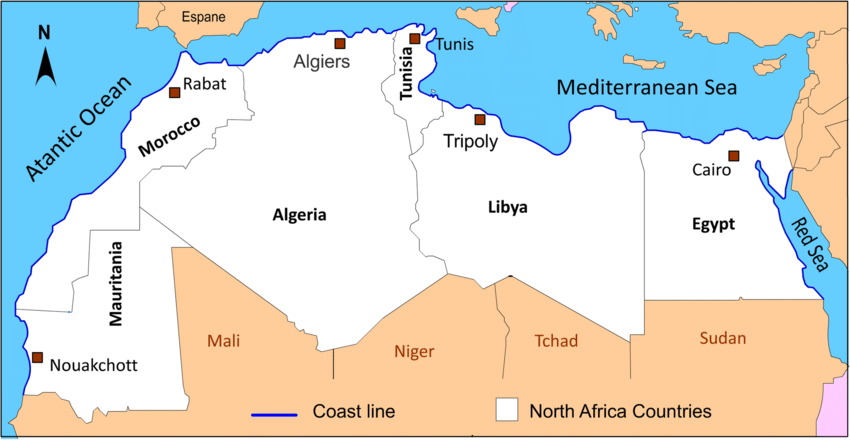Introduction
The landscape of North Africa is poised for dramatic shifts in the coming years, driven by a confluence of political, economic, and security challenges. This region, encompassing Morocco, Algeria, Libya, Tunisia, and Mauritania, grapples with legacies of instability, economic stagnation, and social discontent. Yet, amidst these complexities lie seeds of transformation, offering glimpses of a more prosperous and secure future. This essay will explore the potential trajectories of change in North Africa from 2023 to 2030, focusing on the interplay of political dynamics, economic development, and security concerns.
Political Crossroads
The political landscape of North Africa remains fragmented and volatile. Morocco, under King Mohammed VI, has maintained relative stability, focusing on economic reforms and regional influence. However, the Hirak protest movement continues to challenge the status quo, demanding greater political freedoms and social justice. Algeria, grappling with the aftermath of the 2019 Hirak movement, faces an uncertain future. The military’s continued influence and the lack of a clear political roadmap raise concerns about democratic transition.
Libya remains a crucible of instability, plagued by factionalism, militia rule, and foreign interference. The 2021 elections offered a glimmer of hope, but the subsequent political deadlock and escalating tensions threaten to derail the fragile peace process. Tunisia, once hailed as the beacon of the Arab Spring, is facing a democratic backsliding. The rise of populism, economic hardship, and political polarization have eroded democratic institutions and fueled social unrest. Mauritania, while relatively stable, faces challenges related to governance, corruption, and social inequalities.
Economic Imperatives
Economic development remains a critical challenge for North Africa. High unemployment, particularly among youth, coupled with rising inequalities and limited access to quality education and healthcare, fuels social discontent. The region’s economies are heavily reliant on natural resources, making them vulnerable to global price fluctuations and climate change. Diversification of economic activities, promotion of private sector development, and investment in human capital are crucial for sustainable growth.
Morocco has made strides in attracting foreign investment and developing its tourism sector. However, challenges remain in addressing informal employment and reducing regional disparities. Algeria possesses significant hydrocarbon reserves, but its economy remains heavily reliant on oil and gas exports. Diversification efforts have been slow, and the country faces challenges in attracting foreign investment. Libya’s economy has been devastated by years of conflict, with critical infrastructure destroyed and oil production disrupted. Reconstruction and economic recovery will be a long and arduous process.
Tunisia’s economy has been struggling, burdened by high public debt and a fragile banking sector. The COVID-19 pandemic has exacerbated economic woes, leading to increased unemployment and poverty. Mauritania’s economy is primarily based on agriculture and fishing, making it vulnerable to climate shocks and global market fluctuations. The country has untapped potential in mining and renewable energy, but investment and infrastructure development are crucial for unlocking these opportunities.
Security Challenges
Security concerns remain paramount in North Africa. Terrorism, extremism, and organized crime continue to pose significant threats. The presence of extremist groups in Libya and the Sahel region destabilizes the broader region. Cross-border criminal activities, including human trafficking and drug smuggling, are also on the rise. Climate change exacerbates these challenges, leading to increased competition for scarce resources and exacerbating social tensions.
Morocco faces security threats from separatist movements and extremist groups operating in the Sahel region. Algeria grapples with the legacy of terrorism and the threat of cross-border infiltration from extremist groups. Libya remains a breeding ground for terrorism, with extremist groups exploiting the security vacuum to gain influence. Tunisia has experienced a resurgence of extremist activity, with attacks targeting security forces and civilians. Mauritania faces security challenges from extremist groups operating in the Sahel and the threat of cross-border criminal activities.
The Road Ahead
The next decade will be a critical period for North Africa. The region stands at a crossroads, with the potential for either positive transformation or further instability. Addressing the region’s multifaceted challenges requires a multi-pronged approach that encompasses political reforms, economic development, and enhanced security cooperation.
Politically, strengthening democratic institutions, promoting inclusive governance, and ensuring the rule of law are essential. Economic development strategies must prioritize job creation, poverty reduction, and sustainable development. Security cooperation among regional actors is crucial to counter terrorism, extremism, and organized crime.
The international community also has a role to play in supporting North Africa’s transition. This includes providing financial assistance, promoting regional dialogue, and supporting capacity-building efforts. Addressing the root causes of instability, such as poverty, inequality, and climate change, is essential for long-term stability and prosperity.
Conclusion
The future of North Africa hangs in the balance. The region faces a complex array of challenges, but also possesses significant potential for positive transformation. By embracing political reforms, fostering economic development, and enhancing security cooperation, North Africa can navigate the crossroads and chart a path towards a more prosperous and secure future. The next decade will be a critical period for shaping the region’s destiny, and the choices made today will have far-reaching consequences for generations to come.


